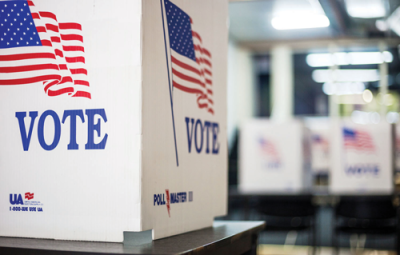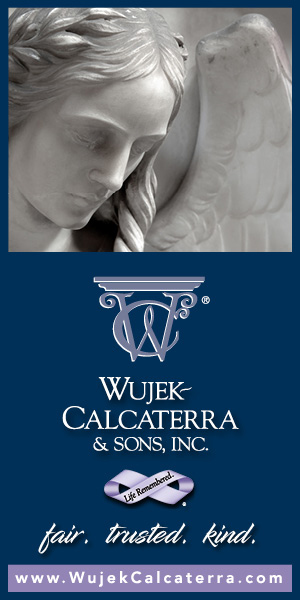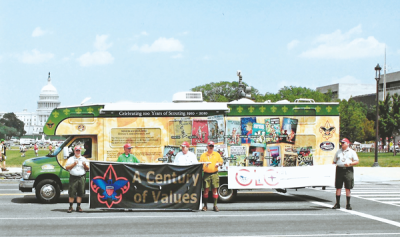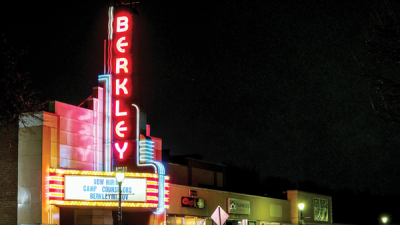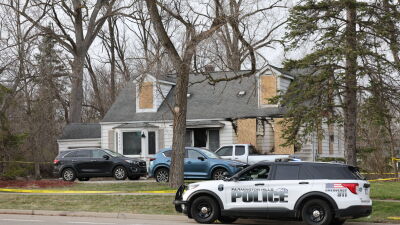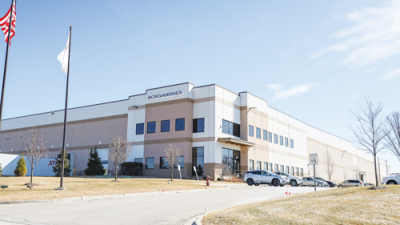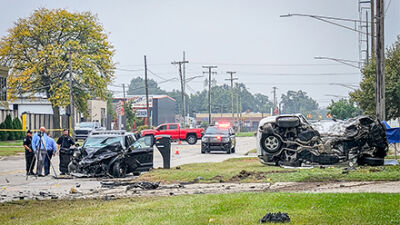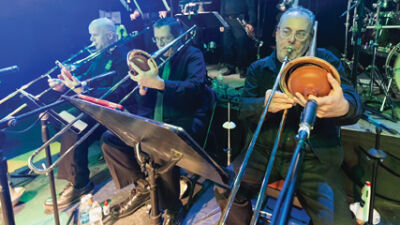ROCHESTER HILLS — The Rochester Hills City Council has unanimously voted to consolidate its 32 voter precincts to 21 moving forward.
“Precinct consolidation is now necessary to ensure the most efficient use of our financial staffing and equipment resources,” Rochester Hills City Clerk Leanne Scott said.
Since the passing of Proposal 2, significant changes have been made to Michigan election law and how elections are conducted — including the implementation of nine days of early voting, increasing the number of registered voters assigned to a single precinct from 2,999 to 4,999, and the growing popularity of the permanent ballot list, to name a few.
Based on voter trends the past couple years, Scott anticipates a potential shift in voter behavior at the polls moving forward.
“Currently, 50% of our active registered voters are on either the permanent absentee list or the permanent ballot list. If you’re on the permanent absent voter list, you automatically receive an application for a ballot before each election. If you’re on the permanent ballot list, you will automatically be mailed a ballot, which that voter can vote absentee, at early voting, or at their precinct on Election Day,” she explained.
In the November 2024 election, absentee voting across Oakland County remained steady, while Election Day voting declined due to early voting. In 2022, 55% of voters cast ballots in the precinct, while 45% voted absentee. In the November 2024 election, 35% of voters cast ballots in the precinct, with 45% voting absentee and 20% voting early.
Rochester Hills stands in fifth place across the state for early voting — behind the Macomb Township Recreation Center, Sterling Heights Community Center, Shelby Township Early Voting Center and Warren City Hall.
Based on the numbers and the change to the allowable precinct size, city staff began to look into which precincts could be consolidated.
“Currently, we have just under 57,000 active registered voters placed into our 32 precincts within the 2,999 threshold. Nine of those precincts have anywhere from 2,200 to 2,600 active voters, currently,” Scott noted.
In considering the consolidation, Scott said precinct location and borders, as it pertains to council districts, school districts and county commissioner districts, were analyzed.
“None of those will be changing,” she explained.
Next, she looked at the size of the room where the precincts would be housed, many of which she said are currently in gymnasiums that will now be housing multiple precincts.
“Where we may have had two precincts in a single room in a gymnasium, we will have one, which will be those two combined,” she said. “We believe with the consolidation, we will be able to manage any potential lines by having two electronic poll books at each precinct with more than 3,000 active registered voters assigned to it.”
Decreasing the number of Election Day precincts from 32 to 21, officials said, will require less election workers and ultimately save the city money.
“Taking the number of inspectors we utilized this past November for our 32 precincts and reducing it for 21 precincts would result in having to employ 110 fewer election inspectors,” Scott explained. “This, coupled with a reduction in equipment testing costs, would result in a savings of over $32,000. Savings experienced in a primary election would be just under $24,000, and then August and November together could see just under $56,000 annual savings.”
Further savings will be experienced when the city purchases new election equipment, which is slated to happen in 2027-2028.
“I received information that was shared by the state of Michigan Bureau of Elections that the actual cost per unit (of a scanner or touch writer) will be closer to $15,000, rather than the $12,000 they originally thought. That would bring our savings up to $197,326 if we went to 21 precincts rather than 32,” Scott said. “So consolidating our precincts will result in an overall savings — when it comes to wages, equipment and overall maintenance of that equipment — of $580,478.30 over the next five years.”
The number that stuck out to Rochester Hills Mayor Bryan Barnett — more so than finding over $500,000 in savings — was needing 110 less people to work.
“It’s election workers and lifeguards that we have the hardest time finding and staffing, and you can’t be wrong that day,” he said. “A lot of thought has gone into this. It’s the right thing to do and I support it.”
The Rochester Hills City Council unanimously approved the move to consolidate.
“Having stood outside of many a precinct on voting day, I’m always popping my head in there to thank the voters and see what the count is, and there’s never a line out their door. It’s an empty gymnasium which sees a steady trickle of people. This is a much-needed optimization. It’s much needed and much overdue,” said Rochester Hills City Councilman David Blair.
Councilwoman Theresa Mungioli said she reached out to the city’s over 60 precinct delegates for their opinions, and while some had questions about the move, she said “not one of them opposed the plan.”
“They had questions on election integrity and the security of elections going forward, and we are going to work with clerk Scott to get her out to talk to the precinct delegates about that process, but when it came to the map and their consolidation, I did not have any feedback from those 60 precinct delegates to say, ‘Heck no, don’t do this,’” she said.
Letters explaining the changes will be sent to affected residents this spring, likely sometime after the April 22 filing deadline for City Council and the Rochester Hills Public Library Board.
“In the letter, we’ll explain what happened, and on our website, we will have the, ‘This is where you used to vote, this is where you now vote.’ There will be a comparison there, so it will be easy for people to see what’s going on. In the letter, we will tell them their new voter ID card is on its way for everyone that’s been affected. There are some precincts that haven’t been affected, so they will not receive anything,” Scott said.
The city generally has two elections per year — a primary and a general — and three in a presidential year.
For more information, call the Rochester Hills City Clerk’s Office at (248) 656-4630.
 Publication select ▼
Publication select ▼